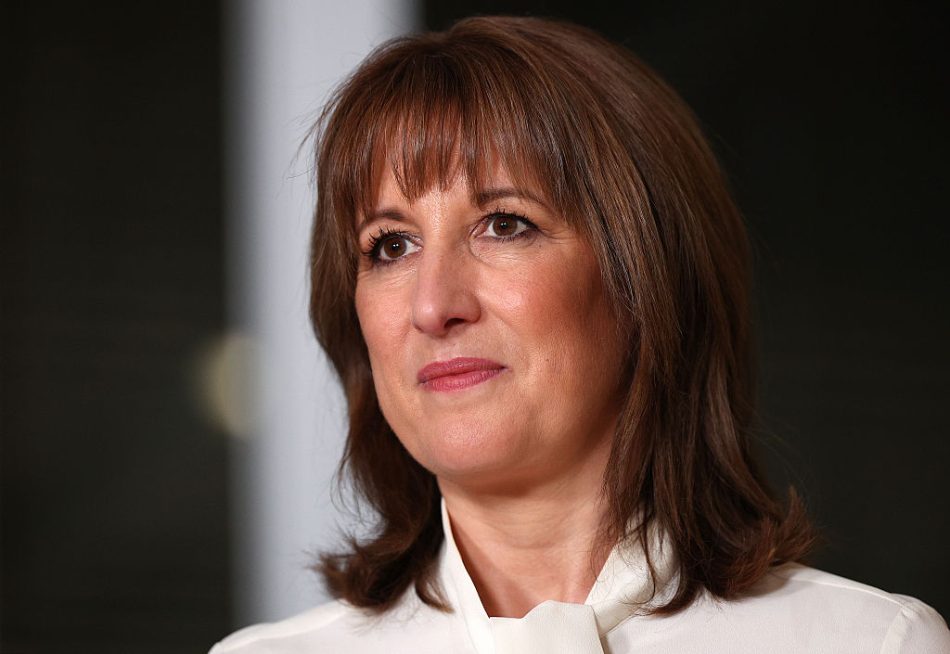One of the symptoms that something has truly shifted is unrest in unlikely places. The sleepy heartlands of middle England suddenly becoming not so sleepy but angry and active. Few places have a greater claim to fit the latter description than my home county, Warwickshire.
A stone’s throw away from my grandparents’ old home in North Warwickshire is a village called Meriden – so called because it claims to be the geographical centre-point of the country; the middlest of middle England. It is solidly, stolidly small-c conservative – not radically so. The MPs for the Warwickshire parliamentary constituency were generally Tories of the county variety. Warwickshire largely turned out for the King during the Civil War but often allowed the conflict to rage on its hills and heaths unopposed. In short, it takes a lot to stir Warwickshire into action.
When the history of this era is written, the decision to shuttle migrants into provincial towns and hope no one will notice will be seen as fatal
But my county has also suffered more than most from the migrant crisis. Last week two Afghan men – believed to be asylum seekers – were charged in connection with the alleged kidnapping and rape of a 12-year-old girl in Nuneaton. Warwickshire Police had reportedly advised local councillors and officials not to disclose that the suspects were asylum seekers, for fear of ‘inflaming community tensions’. Rhiannon Skye Whyte, the asylum hotel-worker and young mother allegedly murdered at a Walsall railway station last year, came from Leamington Spa. Prosecutors allege that an asylum seeker from South Sudan used a screwdriver to launch a fatal attack on Ms Whyte as she travelled home.
Last year, the Home Office abruptly opened up a migrant hotel not far from a school in Warwick, giving nearby residents less than 24 hours’ notice. The site was immediately fenced off with zero communication from Warwick District Council to local residents. Overnight, concerned local parents became vigilantes and began patrolling the streets themselves. Some families won’t allow their teenage daughters to go outside in the evening; unsurprisingly, given the age profiles of some of the children recently allegedly targeted for attack and kidnap.
Though initially described as ‘temporary’, almost a year later, the hotel is still there, housing around 360 single, male migrants. NHS staff visit on-site. The local MP Matt Western put out a feeble statement shortly after the hotel opened, which did little to defuse locals’ anger: ‘Whether you agree with the method they arrived in the UK or not, they applied for asylum and are legally allowed to remain in the UK’ said Mr Western. ‘They are not “illegal immigrants” and we must endeavour to share the facts, not buzz-words which stir up anger and fear.’ It’s this insistence on trying to bat off reality with ‘ackshully’ comments like this which means nobody is listening to people like Matt any more.
Across the country, similar tensions erupt wherever a hotel or HMO opens nearby. A further problem for the government with the most recent demonstrations is the changing profile of protesters. Women and mothers turned out at the protests in London and Epping Forest, along with local professionals like Maxi Gorynski, an IT worker who helps organise a local residents’ group in Canary Wharf opposed to housing asylum seekers at the Britannia International. There were also scores of legal migrants; understandably annoyed that they came here via proper means and worked hard while rule-breakers receive freebies. These protesters can’t easily be dismissed as mere far-right agitators, however much the government might like to try.
A friend of mine, a Serviceman, is currently living in temporary accommodation because all the available Married Quarters, designed for military personnel with wives and families, had been taken up by Afghans and other migrants (some of whom have questionable claims to asylum in the first place). Instead, my friend is being housed in a budget hotel; in considerably worse conditions than the four-star accommodation many illegal migrants are enjoying in places like Canary Wharf and Warwick. There is a grim irony here; while the government finds endless hotel rooms for foreign fighting-age men, our actual fighting men are forced into cramped budget accommodation.
Meanwhile councils are being forced to bid on the same housing stock for emergency social housing, meaning British subjects in actual need are being weighed against – and often losing out to – migrants. Though the government boasts that fewer hotels are now in use, of course the migrants haven’t magically disappeared. They’ve simply been shunted from hotels into HMOs and rental accommodation.
The authorities are evidently eager to give away as little as possible; the Online Safety Act has been used to suppress footage of protesters while the National Security Online Information Team, a shady and secretive unit within the Department for Science, Technology and Innovation, has deployed terrorist-tracking software to monitor critics of asylum hotels. Yet in the age of social media it simply isn’t possible to conceal information as it was in the past. YouTubers regularly sneak into migrant hotels and livestream the whole thing to their followers. Social media has made people hyper-vigilant to the signs of the latest HMO occupancy in their neighbourhood. Enough people either live near a hotel themselves or hear stories from a friend who does. When the history of this era is written, the decision to shuttle migrants into provincial towns and hope no one will notice will be seen as fatal.
It’s famously hard to pinpoint the exact moment when public opinion shifts in such a way that it cannot be shifted again, the point when grumbling becomes action, when a population finally becomes fed up. It’s generally easier to diagnose after the fact, when the effects of the snapping have become all too clear. After all, on the day the Bastille was stormed, Louis XVI wrote one word in his diary: ‘rien’ (nothing). I cannot tell you exactly when it happened but I do think we have reached the point where, on the issue of the small boats crisis, middle England has snapped.









Comments